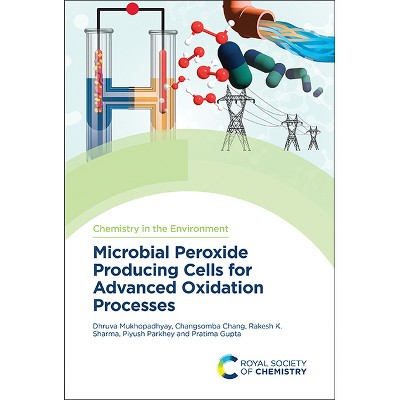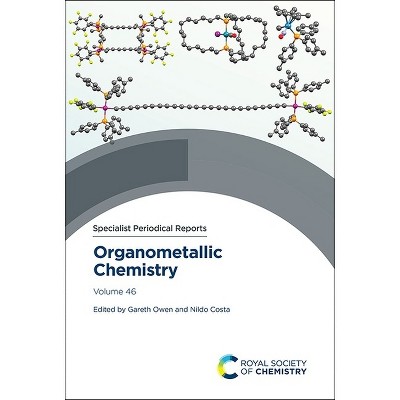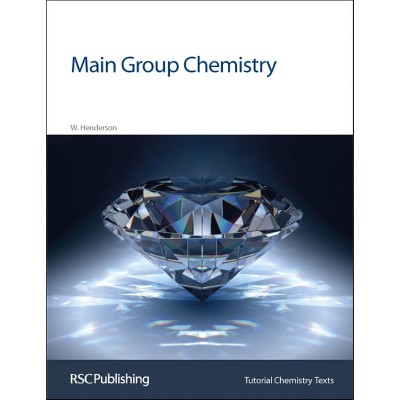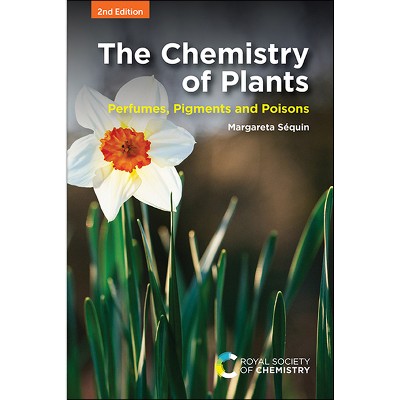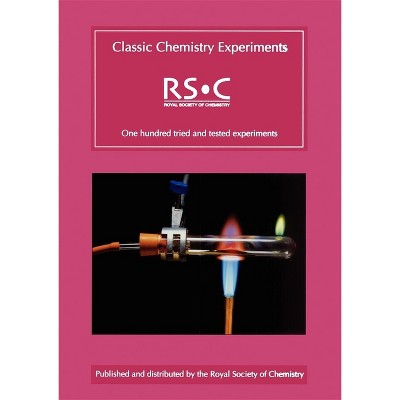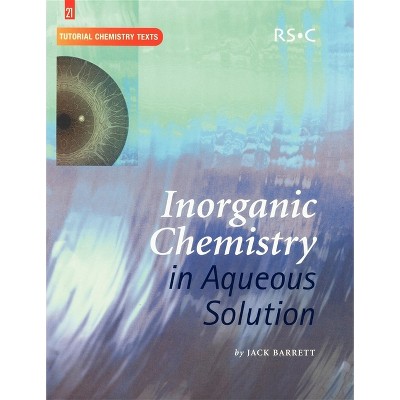Sponsored

Green Chemistry for Pest Management - by Edmund Norris & Joel Coats & George A Kraus (Hardcover)
Pre-order
Sponsored
About this item
Highlights
- Crop losses due to insect pests can be economically devastating to farmers and lead to the risk of food shortages.
- About the Author: Joel Coats is Distinguished Professor Emeritus at Iowa State University, Ames, Iowa, USA.
- 334 Pages
- Science, Chemistry
Description
About the Book
Green Chemistry for Pest Management addresses the known examples of utilizing nature's chemistry as well as new opportunities for further uses of green chemistry for synthetic pesticides.
Book Synopsis
Crop losses due to insect pests can be economically devastating to farmers and lead to the risk of food shortages. Pest-vectored disease can cause significant economic shortfalls and decimate public health by causing significant morbidity and mortality, especially in economically disadvantaged populations and those in neglected, developing regions. Traditionally, synthetic pesticides have been utilized to reduce these grave agricultural and public health concerns. However, pesticide overuse and misuse have led to widespread pesticide resistance and select environmental impacts that limit their long-term utility. Therefore, it is necessary to find new control approaches and chemistries that can reduce pest pressure sustainably without adverse environmental impacts.
Green Chemistry for Pest Management addresses the known examples of utilizing natural chemistry and other non-traditional methods to control pest insects, plants and rodents. Natural pesticides from plant, microbiological and animal sources are discussed, as is the use of natural products as lead compounds for the synthesis of biorational and semisynthetic pesticides.
About the Author
Joel Coats is Distinguished Professor Emeritus at Iowa State University, Ames, Iowa, USA. He received his B.S. from Arizona State University and Ph.D. from the University of Illinois, Urbana-Champaign with an Entomology major, Chemistry minor, with specialization in Insect Toxicology. For the past 35 years his research has focused on natural products and biorational analogues as insecticides, synergists, or repellents. He has received the International Award for Research in Agrochemicals (ACS) and the Award for Innovation in the Chemistry of Agriculture (ACS). He is a Fellow of the American Chemical Society, the Entomological Society of America, the American Association of the Advancement of Science, and the Agrochemicals Division of the ACS.
Edmund Norris received his B.S. in molecular and cellular biology from the University of Illinois and earned a PhD in Entomology and Toxicology from Iowa State University in 2018. He is now a permanent Research Chemist at the Center for Medical, Agricultural, and Veterinary Entomology for the United States Department of Agriculture in Gainesville, FL. Dr. Norris' current research focuses on the development of novel repellents and insecticidal formulations that may circumvent insecticide resistance, while primarily focusing on natural products as his inspiration. His research aims to better understand the mechanisms of novel insecticidal, repellent, and synergistic agents using a variety of electrophysiological, pharmacological, and biochemical techniques.
Dr George Kraus has worked on catalysis and green chemistry for more than 30 years at Iowa State University. He has been a Fellow of the Sloan Foundation and a recipient of a DuPont Young Faculty Award in 1976, a 3M Young Faculty Award in 1981, a Frasch Award in 1987, and ISU Regents Faculty Excellence Award, 2004. He has more than 350 publications and 25 patents.
Shipping details
Return details
Trending Non-Fiction






